Description
Boost cattle health with Magnesium oxide for sale! Essential vitamins promote growth, milk production, and prevent grass tetany. Order here now.
Magnesium oxide for sale
Optimizing Cattle Health with Magnesium Oxide and Essential Vitamins
Maintaining the health and productivity of cattle requires a comprehensive approach to nutrition, ensuring they receive the right balance of essential minerals and vitamins. Among these, magnesium oxide and key vitamins play a critical role in supporting various physiological functions, from muscle function and energy metabolism to immune health and reproductive success. This article will explore the importance of magnesium oxide and crucial vitamins in cattle diets and how they contribute to overall well-being and performance.
Magnesium Oxide: A Key Player in Cattle Health
Magnesium (Mg) is an essential mineral involved in over 300 enzymatic reactions within the body. In cattle, it’s crucial for:
- Muscle Function: Magnesium plays a vital role in nerve transmission and muscle contraction. Deficiency can lead to muscle tremors, incoordination, and even grass tetany, a potentially fatal condition.
- Energy Metabolism: Magnesium is essential for converting food into usable energy. This impacts weight gain, milk production, and overall performance.
- Bone Development: Magnesium contributes to bone strength and density, essential for healthy growth and structural integrity.
Magnesium oxide (MgO) is a common and effective source of magnesium for cattle. It’s relatively inexpensive and provides a concentrated source of this vital mineral. Supplementation with MgO is particularly important in situations where:
- Forage is Low in Magnesium: Rapidly growing spring grasses or winter wheat pastures can be low in magnesium, increasing the risk of grass tetany.
- High Calcium and Potassium Levels in the Diet: These minerals can interfere with magnesium absorption.
- Stressful Conditions: Periods of stress, such as transportation, calving, or extreme weather, can deplete magnesium levels.
The Vital Role of Vitamins in Cattle Nutrition
While minerals like magnesium are crucial, vitamins are equally important for maintaining optimal health and performance in cattle. Key vitamins to consider include:
- Vitamin A: Essential for vision, immune function, and epithelial tissue maintenance. Cattle grazing on green pastures typically receive enough Vitamin A, but supplementation may be necessary during winter or drought conditions.
- Vitamin D: Important for calcium and phosphorus absorption, crucial for bone development and preventing rickets in young animals. Cattle can synthesize Vitamin D when exposed to sunlight, but supplementation might be necessary in indoor-housed animals or during periods of limited sunlight.
- Vitamin E: A potent antioxidant that protects cells from damage caused by free radicals. It supports immune function, reproductive health, and muscle integrity.
- B Vitamins (Biotin, Thiamin, etc.): A complex group of vitamins essential for energy metabolism, nerve function, and rumen health. Rumen microbes typically synthesize B vitamins, but certain factors, such as high-grain diets or stress, can disrupt this process and necessitate supplementation.
Integrating Magnesium Oxide and Vitamins into Cattle Programs
Effective supplementation strategies should be tailored to the specific needs of the herd, considering factors such as age, breed, production stage, and environmental conditions.
- Mineral Supplements: Commercially available mineral supplements often contain a balanced blend of magnesium oxide and other essential minerals, including calcium, phosphorus, and trace elements.
- Vitamin Injections: For rapid correction of deficiencies, vitamin injections can be a valuable tool.
- Feed Additives: Vitamins can be added directly to feed rations to ensure consistent intake.
- Block Supplements: Mineral and vitamin blocks provide a convenient way for cattle to self-supplement, allowing them to consume nutrients as needed.
Conclusion
Optimizing cattle health and productivity requires careful attention to nutrient requirements. Supplementation with magnesium oxide and essential vitamins plays a crucial role in supporting various physiological functions, preventing deficiencies, and enhancing overall performance. By understanding the individual needs of the herd and implementing appropriate supplementation strategies, producers can ensure their cattle thrive and reach their full potential. Consulting with a veterinarian or nutritionist is recommended to develop a customized nutrition plan that meets the specific needs of your operation.
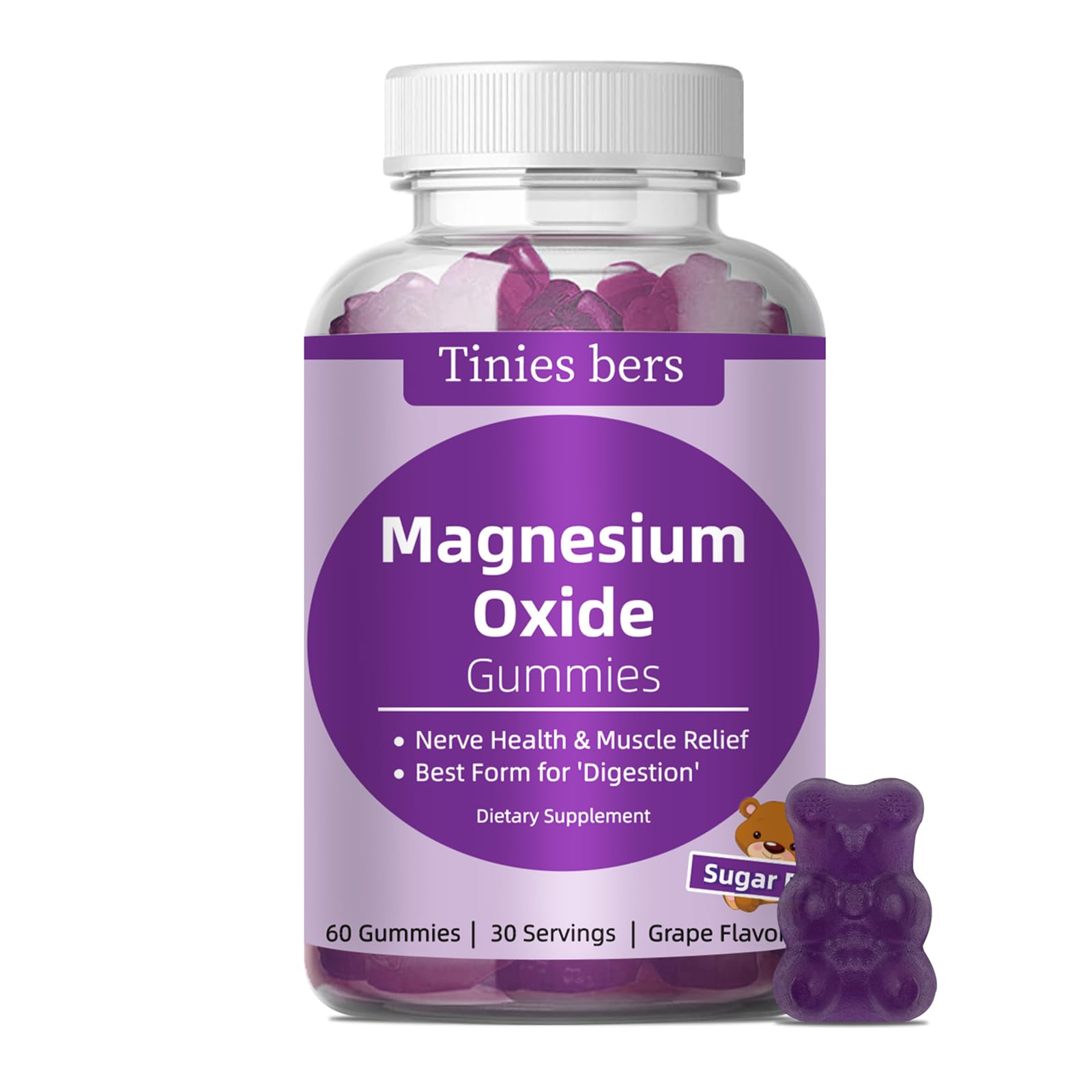
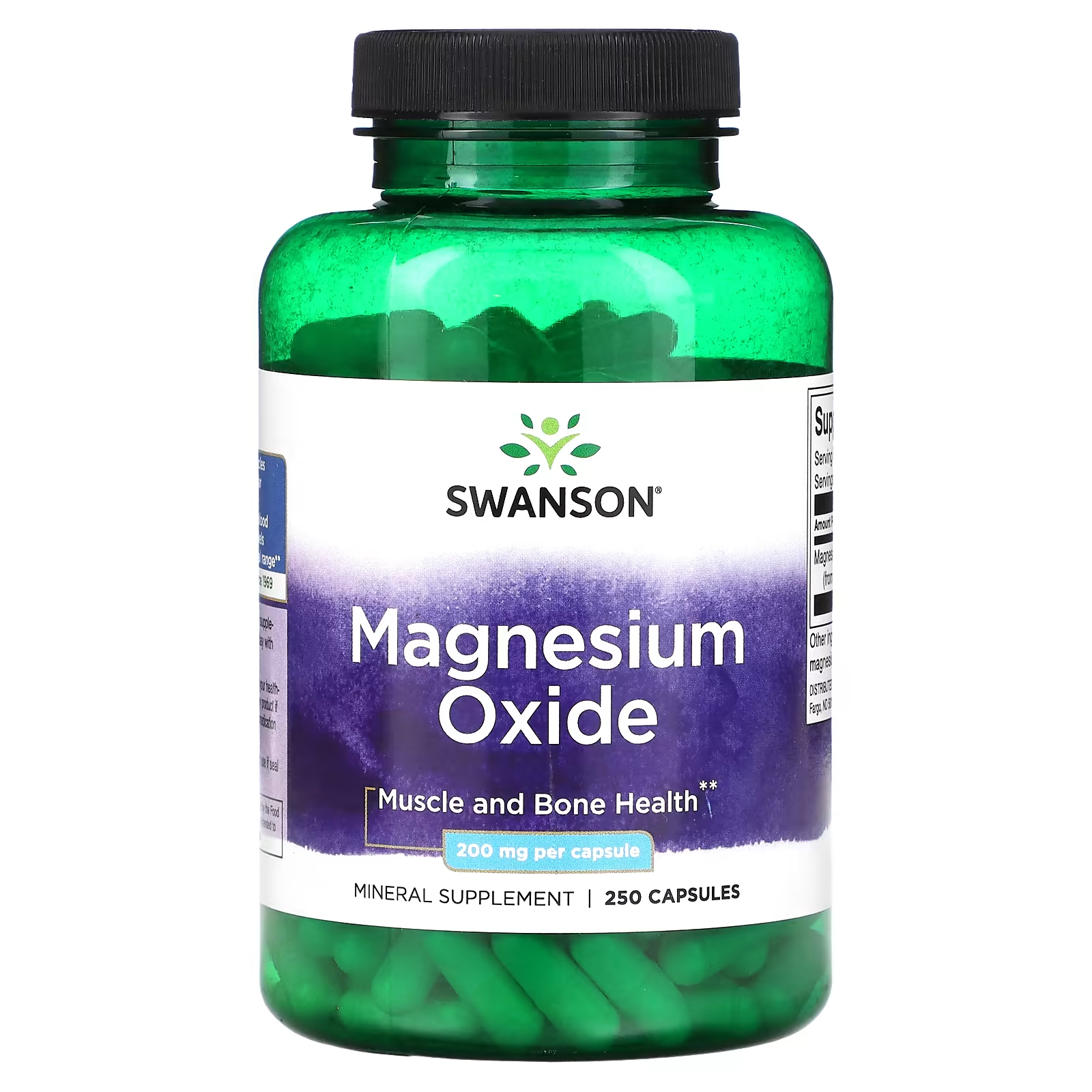

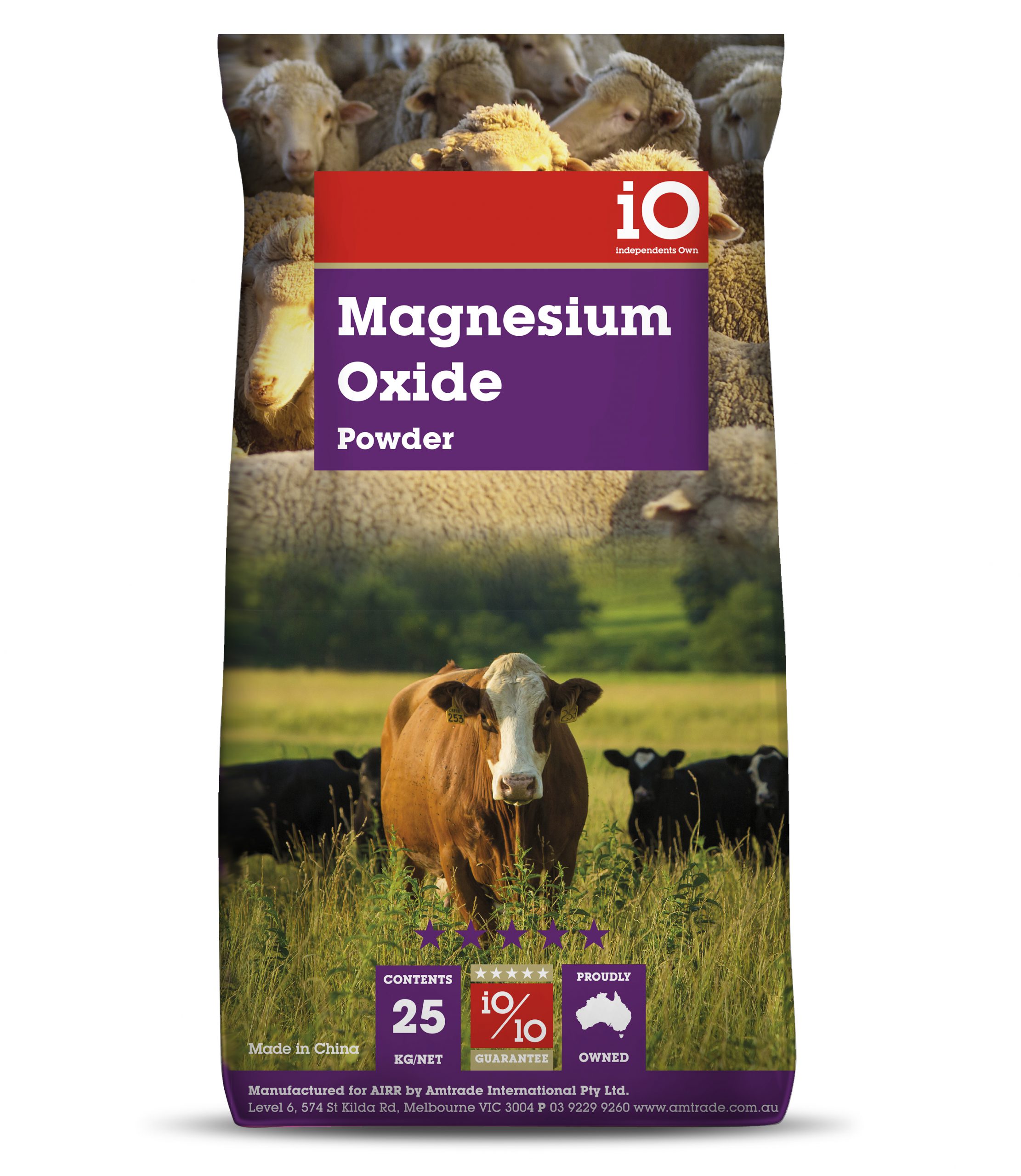
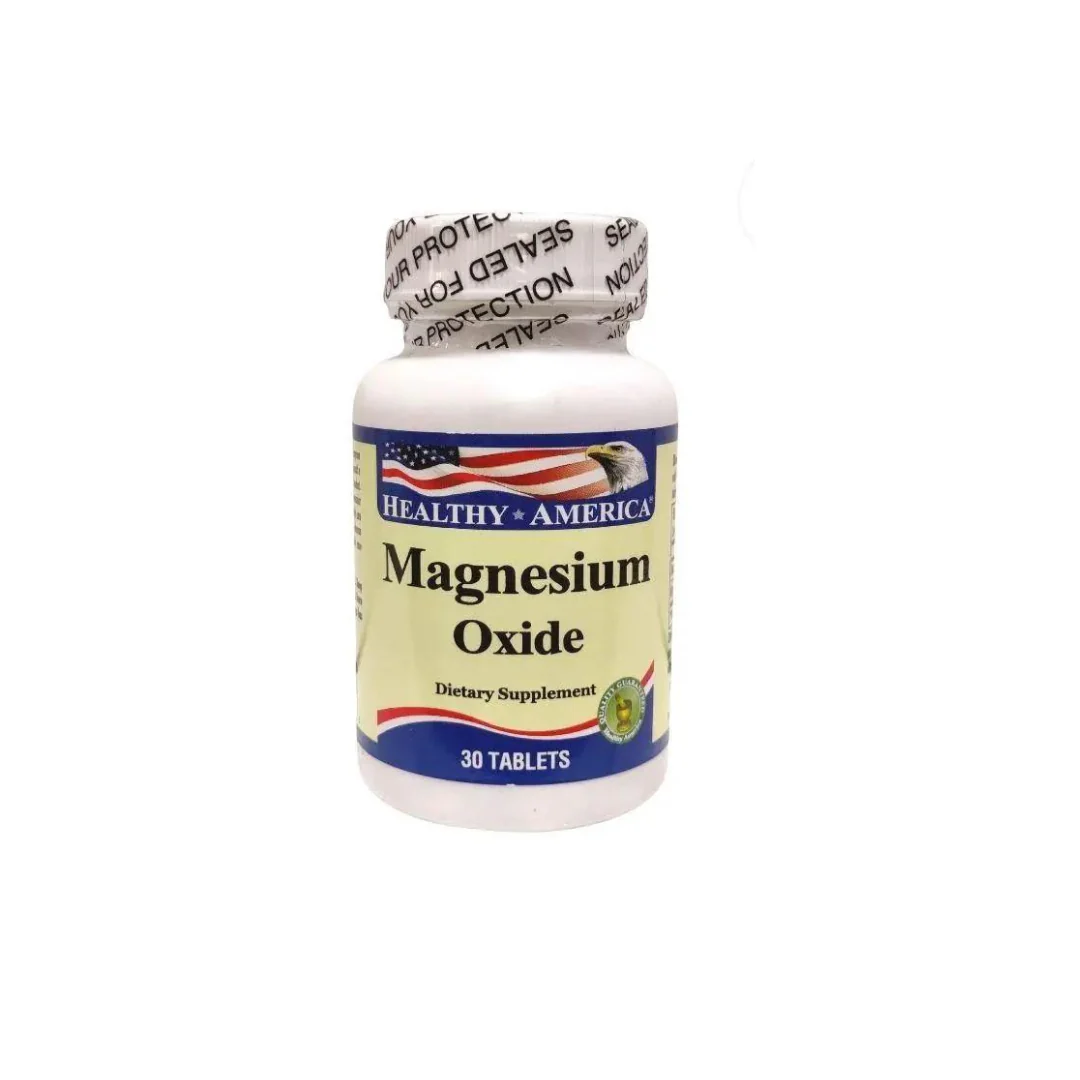
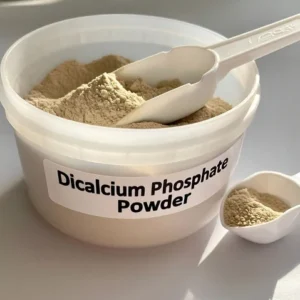
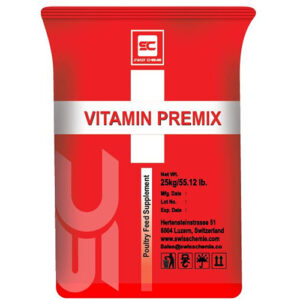
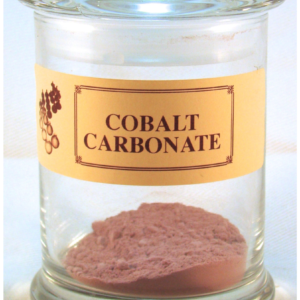
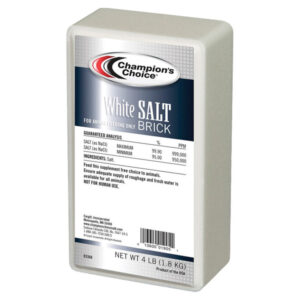
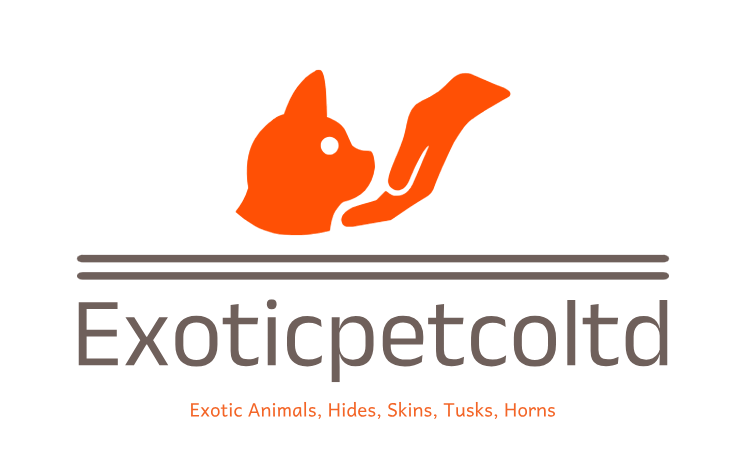

Reviews
There are no reviews yet.